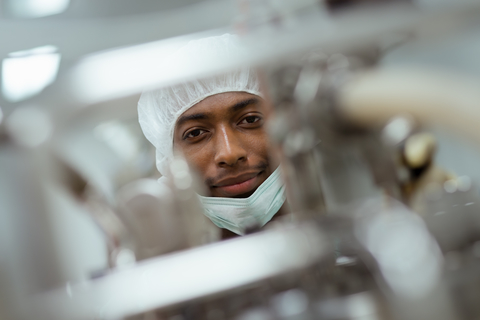Organic crystal research secures EU funding

A University of Bristol-led international project investigating a new method of controlling the growth of organic crystals has been awarded €2.9m in Horizon 2020 funding (University of Bristol, 2016).
The MagnaPharm project aims to direct polymorphism in pharmaceutical compounds by crystallising them in high magnetic fields. The ability to direct polymorphism would have a transformative effect on almost all pharmaceutical compounds.
MagnaPharm builds on the discovery by Dr Simon Hall in the University of Bristol’s School of Chemistry that organic crystal growth can be controlled using magnetic fields. This innovative method will be applied to a range of pharmaceutical compounds, initially targeting twelve of the most high profile, high worth generic drugs with the aim of controllably synthesising the desired polymorph of each. This will be the lowest energy polymorph and/or most processable form with desired properties.
Simon Hall said “With the 12 representative generic drug molecules targeted in the initial stages of MagnaPharm responsible for €18 billion of sales per year worldwide, and with the development of many new pharmaceuticals being hampered by solid form issues, control over the production of the most pharmaceutically desired crystal is a truly paradigm-shifting prospect.”
SimonHall will lead the project, with Professor Sally Price from University College London, Professor Ursel Bangert from the University of Limerick and Dr Peter Christianen from the High-Field Magnet Lab in Nijmegen, the Netherlands as do-investigators.
The project also has the support of AstraZeneca for drug function analysis.








